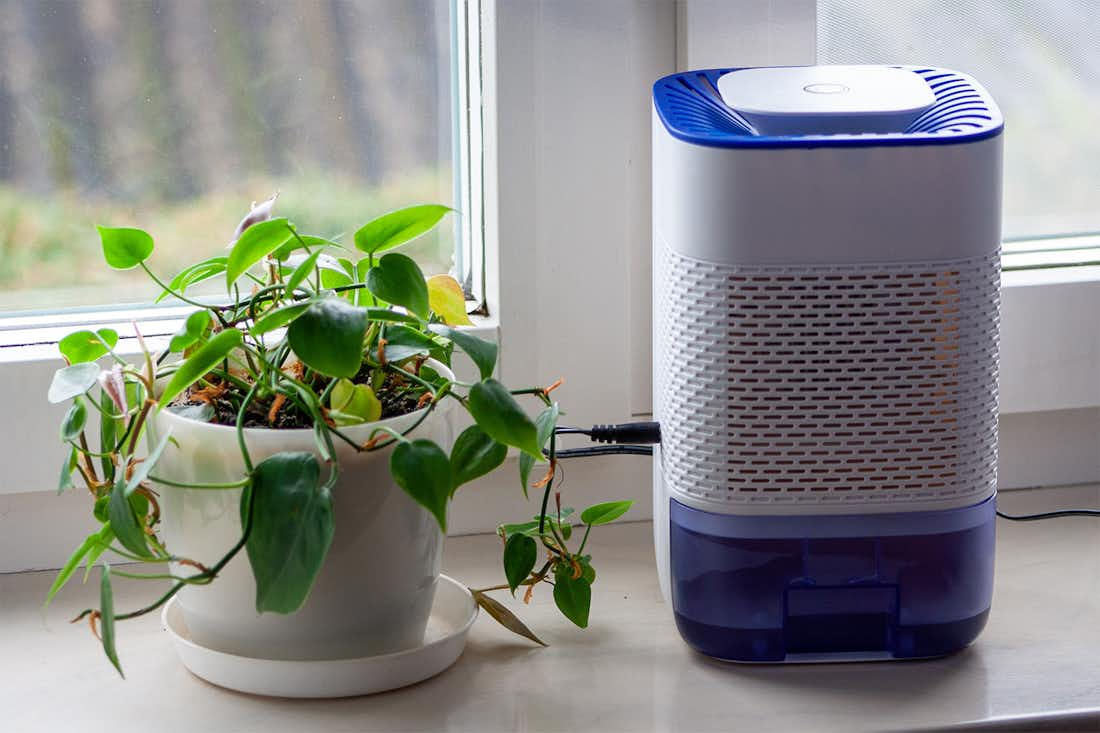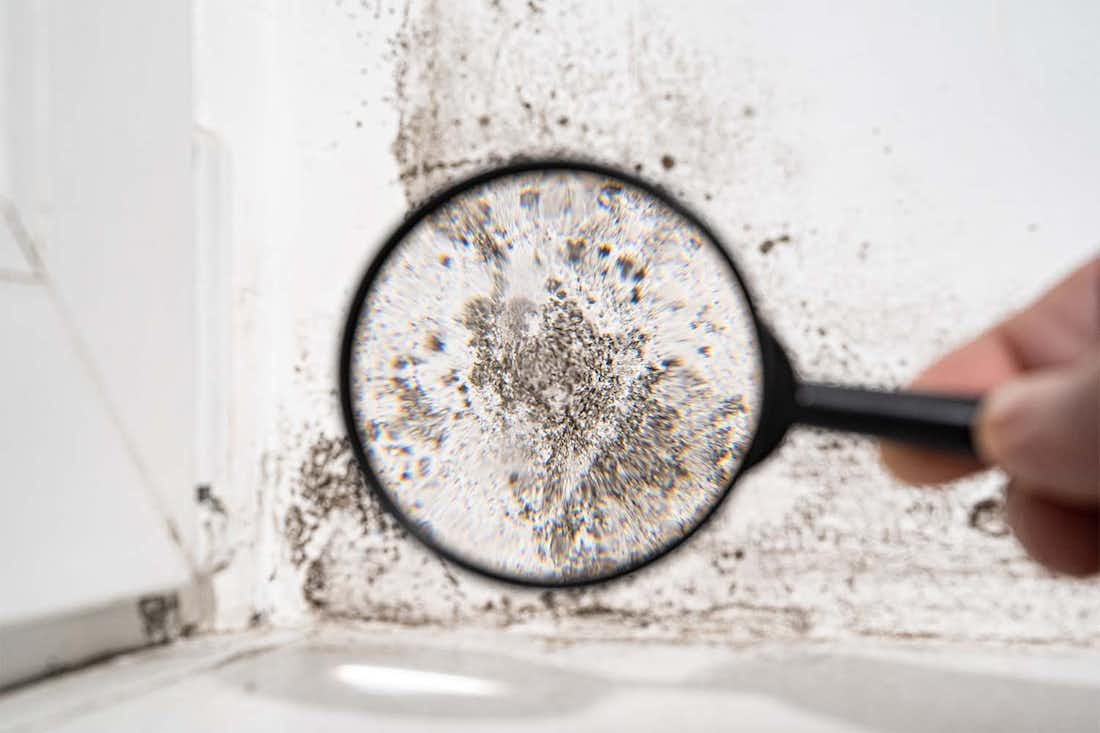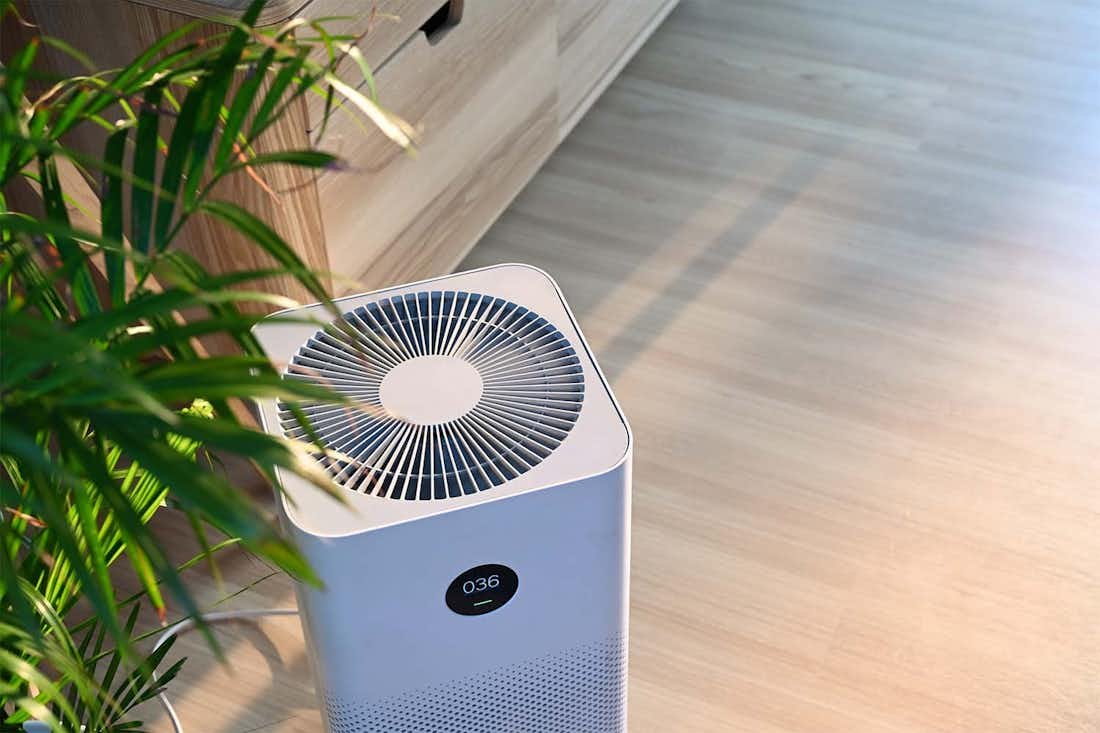Nov 24, 2021
How The Weather Affects Your Sinuses
4 minute read
Do you ever get a headache when the weather takes a turn? If so, your sinuses are the most likely cause.
Changes in barometric pressure, which occur when the air gets warmer or colder, can significantly affect your sinuses. Weather changes can bring a host of uncomfortable symptoms along with them, including sinus pressure, headaches, fatigue, and more.
In this post, we’ll explore the connection between changes in the weather, your sinuses, and those awful headaches. In addition, we’ll cover some of the best remedies for sinus headaches and other weather-related symptoms.
What Are Sinuses?
Your sinuses are a group of four cavities located at different spots in your head. They are:
- The ethmoidal sinuses, located in between your eyes
- The maxillary sinuses, located underneath your eyes
- The frontal sinuses, located above your eyes
- The sphenoidal sinuses, located behind your eyes
In some cases, your sinuses can become inflamed due to changes in pressure and weather conditions. Let’s discuss two of the main types of discomfort that you might experience when there are shifts in air pressure and the weather – barometric pressure headaches and sinus headaches.
What Is a Barometric Pressure Headache?
When the temperature changes, there’s also likely to be a significant change in barometric pressure. The level of barometric pressure determines the amount of oxygen you’re breathing in, which can directly impact your health.
One of the effects of barometric pressure changes is a decrease in oxygen in your blood. This happens specifically when a barometric pressure drop occurs.
When the air pressure drops, your body may compensate by causing the blood vessels in your brain to dilate. The goal of this dilation is to increase the flow of oxygen to your brain. However, an unwelcome side effect of dilated cerebral blood vessels is – you guessed it – a headache.
What About a Sinus Headache?
There’s more than one way that barometric pressure changes can make your head hurt.
In addition to causing the blood vessels in your brain to dilate, barometric pressure changes can cause swelling of the tissues in your nose. This swelling can constrict your nasal passages, causing discomfort in your sinuses.
The result of all of that swelling is often an irritating and constricted feeling in the front of your head. The pain and discomfort caused by sinus pressure are usually localized around your cheeks, above your nose, and your forehead.
Can I Get a Sinus Infection From the Weather?
A sinus infection can develop when your sinuses are blocked and inflamed for a long period of time. Nasal congestion, the kind you experience when you have a cold, can lead to a buildup of germs in your sinuses, which can eventually cause an infection. This type of infection is often referred to as acute sinusitis.
Sinusitis tends to cause cold-like symptoms, including a stuffy or runny nose, a cough, and pressure in your sinuses. In some cases, you may also run a fever and feel fatigued when you have a sinus infection. These symptoms are usually best managed with the help of medications like antibiotics and antihistamines.
The Role of the Weather In Sinusitis
So, can you develop a sinus infection as a result of weather changes? In a sense, yes, you can!
When barometric pressure changes cause inflammation of the sinuses, it’s possible for germs to build-up due to nasal congestion, leading to an infection. However, weather changes aren’t the most common causes of sinus infections. Instead, you’re more likely to deal with acute sinusitis as a result of inflammation from allergies or a cold.
Can the Weather Make My Allergies Worse?
In addition to causing pain and pressure in your sinuses, weather changes can also exacerbate your seasonal allergies. There are several ways that this can happen, including:
Higher winds blowing allergens around. When temperatures drop and winds increase, you are more likely to be exposed to airborne allergens like ragweed and grass pollen. These allergy triggers can blow for miles when the winds are high, and they are especially abundant in the spring and fall.
Increased moisture leading to mold growth. If you are allergic to mold, you may experience worse symptoms after a cold, rainy day in the fall. When piles of dead leaves get wet, they can start growing mold, triggering your allergy symptoms when you’re outdoors.
Staying inside more in cold weather can lead to more indoor allergy symptoms. If you are primarily allergic to indoor allergens like mold or dust mites, colder weather might mean worse symptoms for you.
As you can tell, the weather often has a direct or indirect impact on seasonal allergies. No matter what your specific allergy triggers are, you may find that changes in the weather and barometric pressure significantly affect the severity of your symptoms – either for better or for worse.
The Bottom Line: Here’s What To Do About Weather-Related Sinus Problems
Don’t give up if you feel like you’re at the mercy of the weather when it comes to sinus pressure, headaches, and allergy symptoms. There are multiple treatment options to explore for sinus inflammation, and at Cleared, we’re pros at helping chronic allergy sufferers get the relief they need.
If seasonal allergies cause your sinus symptoms, we’re here to help you tackle your symptoms with a treatment plan that works for you. We offer hard-hitting treatments like immunotherapy and powerful antihistamines to help you get relief from even the most stubborn allergy symptoms.
To learn more about how we can help you conquer your allergy symptoms and breathe easier, get started with our 5-minute allergy quiz. It’s super simple, and it helps us get a clearer picture of how your allergies are affecting your life.
Sources:
Influence of barometric pressure in patients with migraine headache | NCBI
Pollen Overload: Seasonal Allergies in a Changing Climate | NCBI



